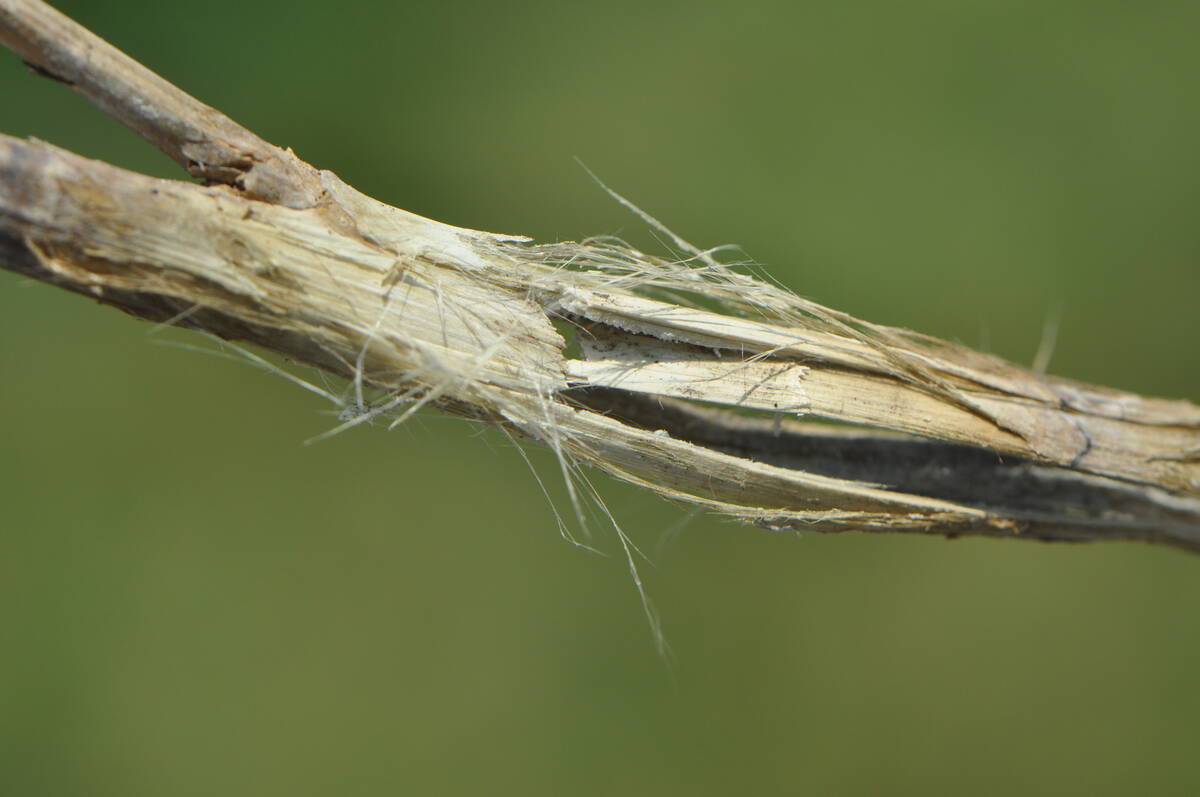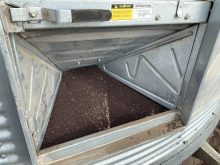Two rail car shipments of canola meal from Bunge’s Canadian crushing plants tested positive for salmonella after inspection by the U. S. Food and Drug Administration at the border in May, Bunge Ltd. said on June 12.
One shipment that tested positive in early May traces back to the Bunge plant in Hamilton, Ontario, said Bunge spokeswoman Deb Seidel. The second shipment tested positive in late May and came from Bunge’s plant in Nipawin in the western province of Saskatchewan.
The company immediately shut down the canola lines at each plant, with each now undergoing scheduled cleaning, Seidel said. The company hopes to resume shipping to the United States once it meets all FDA protocols for salmonella, she said.
Read Also

Manitoba sclerotinia picture mixed for 2025
Variations in weather and crop development in this year’s Manitoba canola fields make blanket sclerotinia outlooks hard to pin down
“We’re in the process of cleaning those facilities, making sure everything is OK and working in coordination with the FDA and the CFIA (Canadian Food Inspection Agency),” Seidel said.
People who eat food contaminated with salmonella can become ill with salmonellosis, a foodborne illness with flu-like symptoms, according to the Canadian Food Inspection Agency.
The FDA detained the canola meal shipments after finding them contaminated as part of routine inspections, said FDA spokeswoman Rita Chappelle. The shipments remain under review, she said.
Seidel couldn’t say how much canola meal the two plants normally ship to the United States.
It’s unclear if other companies have had agriculture shipments test positive. The Canadian Oilseed Processors Association (COPA) said June 12 that it’s heard multiple shipments of canola meal, along with other unspecified agricultural commodities, have been delayed because of the FDA’s implementation of new protocols for salmonella.
“It’s looking more like a broader obstacle for everybody that’s involved in shipping commodities into the U. S.,” said Bob Broeska, president of the association.
Salmonella is an environmental pathogen that’s “detectable everywhere,” Broeska said, adding it’s not unusual to find it in canola or other agricultural products.
“It’s just ubiquitous,” Broeska said. “The question is how do you contain it, minimize the concentrations, control it?”


















